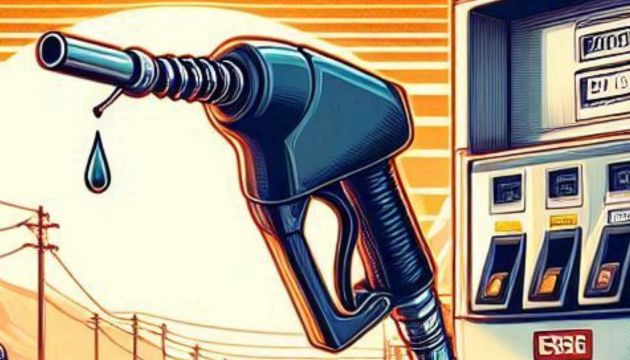ISLAMABAD: Despite a drop in global oil prices, the government has once again decided not to give full relief to the public. For the third time in two months, the price of petrol remains unchanged at Rs252.63 per litre for the next 15 days, while high-speed diesel (HSD) has been reduced by just Rs2 per litre to Rs254.64.
The Finance Division issued a late-night notification stating that the prices were adjusted based on recommendations from the Oil and Gas Regulatory Authority (OGRA), keeping in view international market trends.
Meanwhile, the prices of kerosene oil and light diesel oil were also slightly reduced:
-
Kerosene oil: down by Rs5.04 to Rs164.65 per litre
-
Light diesel oil: down by Rs4.68 to Rs150.65 per litre
Relief goes to oil companies, not people
According to a report by Dawn, the government has increased the Inland Freight Equalization Margin (IFEM) on both petrol and diesel to recover Rs34 billion in losses faced by oil refineries and marketing companies due to a tax gap in the 2024-25 Finance Bill.
The Petroleum Division had requested this increase to help companies recover the losses caused by non-refundable input sales tax. As a result, the government increased the IFEM by Rs1.87 per litre, to be collected over the next 12 months.
Heavy tax burden on fuel
Although there is zero GST on petrol and diesel, the government still collects around Rs96 per litre in taxes, which includes:
-
Rs78 Petroleum Development Levy (PDL)
-
Rs17 Customs Duty
-
Rs17 dealer and company margins
Public affected the most
Petrol is mainly used by motorcyclists, rickshaw drivers, and small vehicle owners. These groups belong mostly to the middle and lower-income classes. Any increase in petrol prices directly affects their daily budget.
— ALSO READ —
Govt plans 4% sales tax on Careem, InDrive, Yango rides in Islamabad
High-speed diesel is used in trucks, buses, trains, tractors, and tube wells. Its price affects the cost of transportation and agriculture, which leads to higher prices of vegetables and other essential goods.
Why full relief wasn’t given
Sources say the government avoided reducing petrol prices by up to Rs18 per litre to discourage consumption and to generate more funds. These funds are being used for electricity subsidies and infrastructure projects in Balochistan and Sindh.
Petrol and diesel are among the top revenue sources for the government, with monthly sales between 700,000 to 800,000 tonnes. However, experts believe that instead of giving relief to the people, the government is focusing more on covering company losses and raising funds through fuel prices.
This decision has raised concerns about the government’s priorities and its commitment to public welfare.











